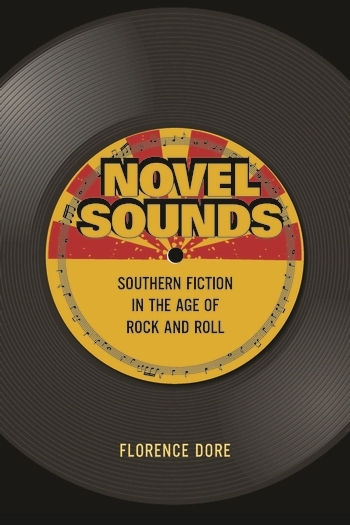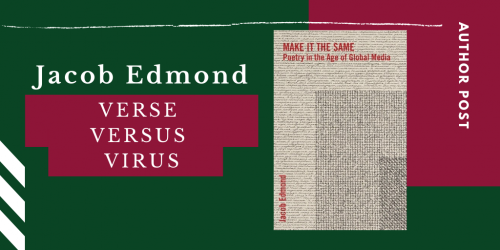Wai Chee Dimock: Reading American literature outside the box

This week, our featured book is American Literature in the World: An Anthology from Anne Bradstreet to Octavia Butler, edited by Wai Chee Dimock, with Jordan Brower, Edgar Garcia, Kyle Hutzler, and Nicholas Rinehart. Today, we are happy to present a short excerpt from an interview that with the Library of America. You can read the interview in full at the Reader’s Almanac.
Remember to enter our book giveaway for a chance to win a free copy!
What exactly constitutes “American literature,” and what are its boundaries? Is it coterminous with the country known as the United States of America, either geographically or historically? And in an era increasingly marked by globalization, is it still productive to think of a national literature as defined by national borders?
For several years and several books, these and related questions have been a fruitful line of inquiry for Wai Chee Dimock, William Lampson Professor of English at Yale University. In a series of critical studies, Dimock recasts classic American writing as, in her words, a “commingling of near and far, with words and worlds continually in motion.” Her work traces lines of affinity forward and backwards in time, and relocates American writers both canonical (Emerson, Thoreau) and contemporary (Gary Snyder, Maxine Hong Kingston) in eye-opening global contexts.
Dimock’s most recent publication is American Literature in the World: An Anthology from Anne Bradstreet to Octavia Butler (Columbia University Press, 2017), which she and her co-editors offer as “not so much a brand-new canon of American literature as a different kind of field guide.” The collection foregoes conventional chronological or geographic arrangements in favor of grouping writers around several key themes like “War” and “Religion”—an approach that yields a number of stimulating juxtapositions and unforeseen counterpoints. A sequence in the “War” section puts excerpts from Norman Mailer’s The Naked and the Dead and John Hersey’s Hiroshima into dialogue with very different perspectives on the Pacific conflict from Leslie Marmon Silko and Chang-Rae Lee. In “Religion,” Washington Irving’s engagement with the culture of Moorish Spain precedes autobiographical accounts by Paul Bowles and Malcolm X of their travels in Morocco and Saudi Arabia, respectively; the section concludes with the lyrics to the Grateful Dead’s “Blues for Allah.” (A playful erasure of distinctions between high and popular culture is also part of Dimock’s m.o.)
Wai Chee Dimock’s first book, Empire for Liberty: Melville and the Poetics of Individualism (Princeton University Press, 1991), was greeted by Library of America co-founder Richard Poirier as “one of the most important studies of Melville to appear in many years.” More recently Dimock has written movie reviews for the Los Angeles Review of Books and contributed essays and articles to the Chronicle of Higher Education, The New Yorker, and the New York Times.
Library of America: We’re curious to know how you arrived at this more globally-oriented approach to American literature, which now stretches across several books. Were you encouraged to pursue it, earlier in your career? Were you ever discouraged from pursuing it?
Wai Chee Dimock: My global orientation to American literature probably came more from my background than from the encouragement of friends and colleagues. Growing up in Hong Kong, reading Melville and Twain in the small, crowded, but serviceable public library, I had always thought of American literature as “transnational,” fed by cross-currents coming from afar and connected to the rest of the world. I haven’t been discouraged at any point from taking this approach.
Read the entire interview at theReader’s Almanac.




